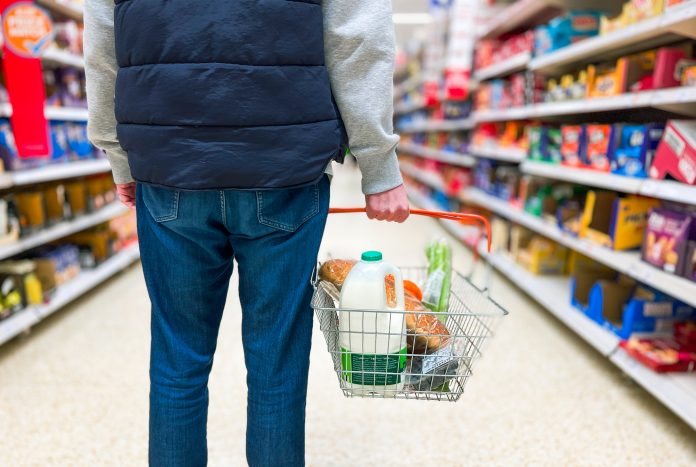Figures from the Office for National Statistics show that UK food inflation in March and April 2023 was the highest its been in more than 45 years
Although a critical situation for consumers, increasing food inflation is also creating a challenging trading environment for supermarkets
Discretionary items and non-food products tend to make the most profit for supermarkets but squeezed household budgets are currently struggling to cope even with the essentials, such as basic foodstuffs, fuel, and energy.
The effects of the cost of living crisis as a whole is limiting the action supermarkets can take, with high transportation costs and supply chain disruptions taking their toll on supermarket profits.
A drain on profits for UK supermarkets
Supermarkets commonly offer significant discounts on bulk buys of products with a long shelf life – for example, dried foods and cereals. The typical goal of this strategy is to free up cash in their customers’ pockets to buy more discretionary items.
In this climate of high food inflation and the soaring cost of living, along with limited potential for wage rises, however, consumers simply do not have the residual cash to purchase ‘luxury’ goods – or even items they may have bought as a matter of course during economically healthier times.
So what has been the impact of high food inflation on supermarkets in the UK?
How are supermarkets feeling the effects of increasing food inflation?
Lower customer spending depleting turnover
If wages do not rise along with inflation, consumers will need to reduce their household spending simply to get by. This may mean buying own-brand labels rather than more expensive brands and purchasing generally cheaper products.
Consumers may also reduce the number of visits they make to the supermarket to save money on food and fuel. This general hesitancy to spend will take its toll on supermarket profits.
Pressure from the government to cap food prices
Supermarket bosses have come under scrutiny from the Business and Trade Committee, which questioned whether or not they were helping shoppers sufficiently in this high inflationary period.
Supermarket bosses told MPs that they were already doing all they could to help their customers – that they had pledged lower prices, extended their value ranges, or matched some of their prices to discount retailer Aldi.
Additional pressures exacerbating inflationary effects
The soaring cost of energy and fuel, along with outbreaks of bird flu that have been influencing egg and poultry supplies, plus general product shortages, are compounding problems for supermarkets already struggling to deal with increasing food inflation.
The current weak sterling also makes the cost of importing goods from abroad more expensive for UK businesses.
How can supermarkets mitigate the effects of high food inflation?
Food waste is a key issue in the UK, and some supermarkets are using artificial intelligence (AI) to reduce waste and forecast their inventory needs more effectively so they can save money as well as cut down on wastage.
Shortening their supply chains could also bring down the cost of food transportation whilst providing the additional benefit of reducing their carbon footprint in relation to transporting food.
The benefits of these strategies may be seen in the longer term, however, rather than providing an immediate reward for supermarket businesses. In these times of high food inflation and rises in core inflation, supermarkets are feeling the negative effects of consumer cutbacks and their customers’ focus on non-discretionary spending.
References
This piece was written and provided by Karl Hodson, UK Business Finance
Editor's Recommended Articles
-
Must Read >> A ‘No Deal’ Brexit will create an economic emergency
-
Must Read >> 31 million taxpayers to benefit from April tax cut














